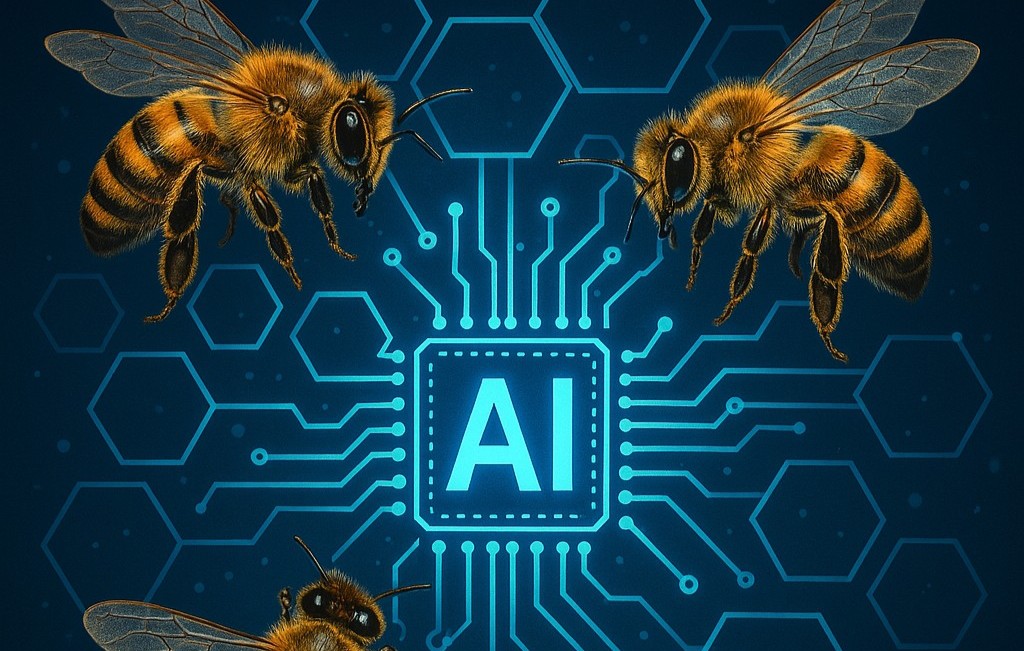Applying Artificial Intelligence, Signal and Image Processing to Monitor the Health and Well-Being of Honeybees – and presence of their Pests and Predators 8 April 2025
La conferencia está dirigida a alumnos y profesores del Máster en Investigación de Ingeniería de Sistemas y de la Computación, así como a alumnos y profesores del Grado en Ingeniería Informática y a toda persona interesada en aplicaciones de Data Science en apicultura.
Resumen:
Pollinating insects, and especially bees, are of vital importance for food production and biodiversity, with 75% of food crops and 90% of the world’s flowering plants dependent on them. However, such important insects have been in serious decline – especially in Europe and North America – over recent decades. A variety of reasons have been proposed for this, including pesticides, predators, parasites, climate change and even microwave radiation used in mobile telecommunications, but the causes are believed to be complex.
So, can modern technology help? In this talk, I will review recent work, by my own research group and others, which contributes to addressing this problem by monitoring bees in hives to detect and predict important events in the bee colony’s life cycle, and also to monitor levels of parasite infestation and warn of the presence of predators such as hornets. This work makes use of modern Artificial Intelligence methods applied to the processing and analysis of sound signals and digital images.
Ponente:
Dr Gordon HUNTER is Associate Professor of Computer Science and Mathematics at Kingston University in London, UK., where he has worked since 2003. He had previously held teaching positions at the University of Westminster and St. Mary’s University (both in London) and research positions at University College London and the University of Portsmouth (UK). He holds a BA degree in Mathematics and Theoretical Physics from the University of Cambridge, and an MSc (Electronic Engineering and Computer Science) and a PhD (Computer Speech Technology), both from University College London. His research interests focus around applications of Artificial Intelligence and Machine Learning (in association with signal and image processing), with particular focus on Agricultural, Ecological and Medical topics.
Fecha y horario de la actividad: 8 Abril 2025, 16:00-18:00
Lugar y/o enlace del evento: Aula D07


